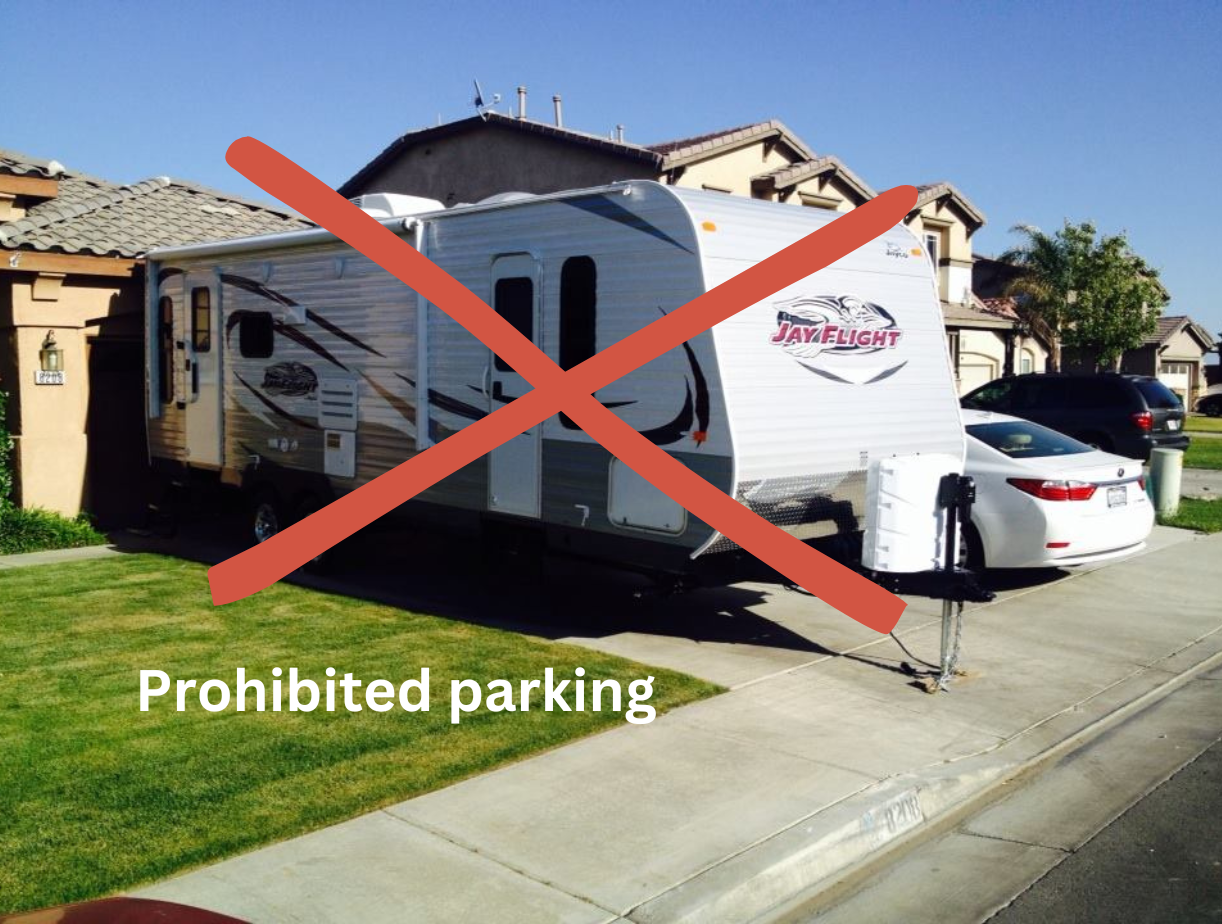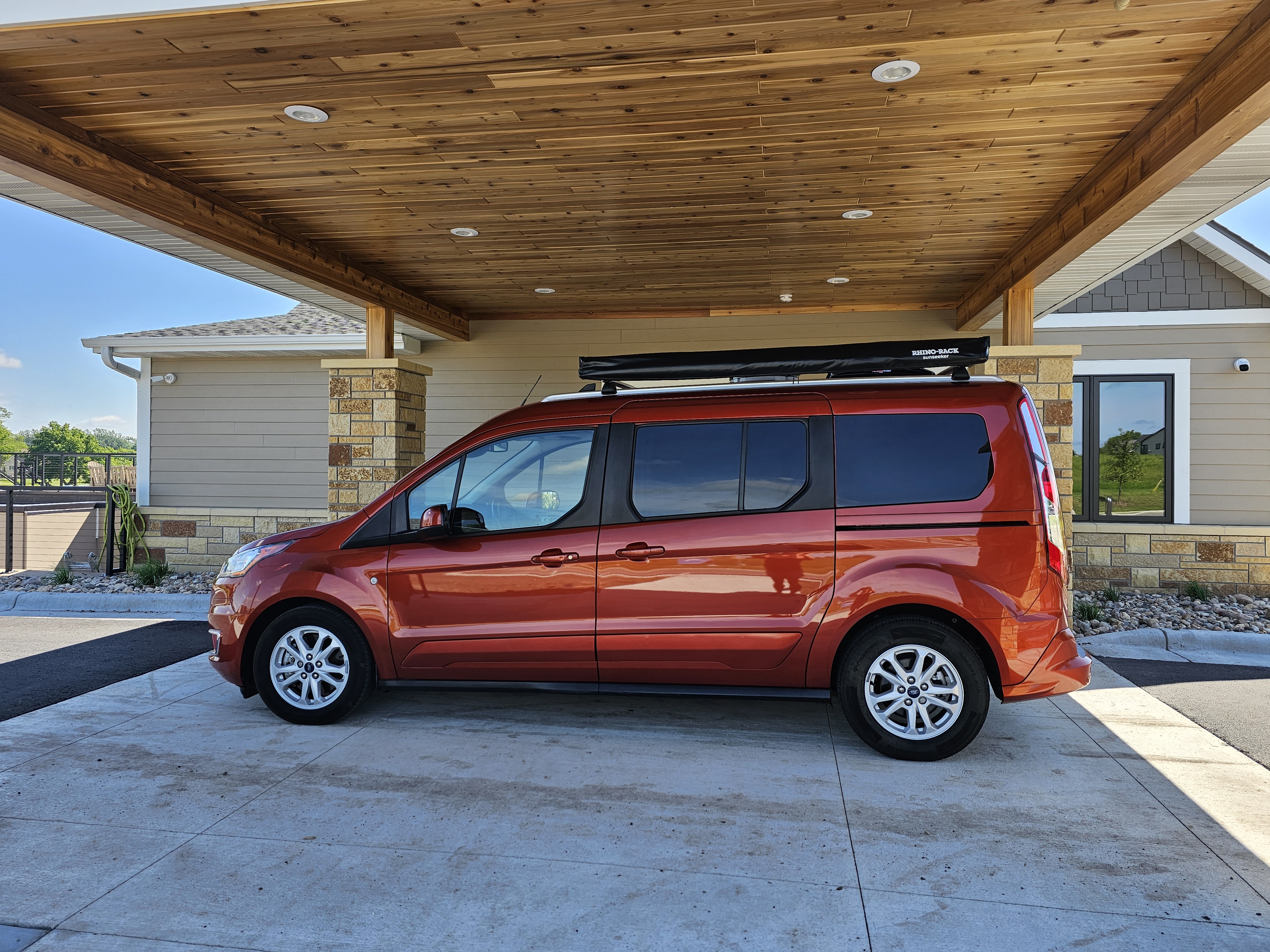NEWS
If you live in a homeowners association (HOA) community, you’re likely familiar with rules that dictate where you can park. One of the most common—and often debated—rules is the requirement to park your vehicle inside your garage rather than in your driveway or on the street. While this might feel restrictive, there are valid reasons behind it—and smart solutions for those with vehicles that don't easily fit.

Why Do HOAs Require Garage Parking?
The primary goal of an HOA is to maintain the overall appearance, order, and property values within the community. Garage parking requirements are designed to reduce visual clutter, prevent crowded driveways and streets, and create a uniform look throughout the neighborhood.
These rules also help minimize the presence of large, commercial, or recreational vehicles parked in plain view, which some homeowners see as eyesores. If everyone abides by the same standards, the neighborhood remains tidy and appealing—benefits that can protect or even increase home values over time.

Safety, Security, and Traffic Flow
Garage parking isn’t just about looks. Vehicles stored inside a garage are less likely to be vandalized, stolen, or damaged by weather. HOAs also aim to reduce street congestion, making it easier for emergency vehicles, garbage trucks, and delivery drivers to navigate safely and efficiently.
In addition, many HOAs have rules that limit the number of visible vehicles or restrict the types of vehicles that can be parked outside—like RVs, boats, or trailers. Garage parking simplifies compliance with these policies.

What If Your Vehicle Doesn’t Fit in the Garage?
That’s where things get complicated. Many garages are designed for average-sized cars, not lifted trucks, large SUVs, or full-size RVs. If your vehicle is too tall, long, or wide for the garage, you may find yourself in violation of your HOA’s rules—often facing warnings, fines, or complaints.
Some HOAs offer variances or exceptions, but these are limited and often difficult to obtain. If your vehicle doesn’t meet size requirements, you may need to find off-site storage—or consider a vehicle that’s HOA-compliant by design.

The Mini-T Campervan: A Garage-Friendly RV Alternative
For RV enthusiasts living in HOA communities, the Mini-T Campervan by DLM-Distribution is a game changer. Unlike traditional RVs or camper vans that require off-site storage, the Mini-T is garageable—standing under 7 feet tall and registering like a standard passenger vehicle.

This compact Class B campervan is fully equipped for travel with a bed, refrigerator, microwave, solar power system, and more, while still functioning as a practical daily driver. It’s the ideal solution for anyone who wants the freedom of RV travel without violating HOA parking restrictions.
Are HOA Parking Rules Too Strict?
That depends on your perspective. To some, these rules feel unnecessarily rigid. To others, they help preserve the quality and consistency of the community. Regardless of opinion, the reality is this: If your HOA requires garage parking and your vehicle fits, you’ll likely avoid stress and penalties. If it doesn’t, finding a compliant alternative like the Mini-T Campervan can save time, money, and headaches.

Final Thoughts
Yes, your HOA can require you to park in your garage—and in most communities, they do. These policies are intended to keep neighborhoods looking clean, secure, and organized. While that might be inconvenient for owners of oversized vehicles, solutions do exist.
If you want a vehicle that supports your travel lifestyle while fitting neatly into HOA rules, the Mini-T Campervan checks all the boxes. It’s a practical, comfortable, and garageable RV designed for people who want it all—without the parking issues when not in use.
Happy Camping
DLM-Distribution
Garageable Campervans for sale

DLM-Distribution / Campervans is a licensed manufacture and dealer located in Lake Crystal Minnesota serving clients around the country
Contact Dave: 651-285-7089 or Candy: 507-382-9446 today!
